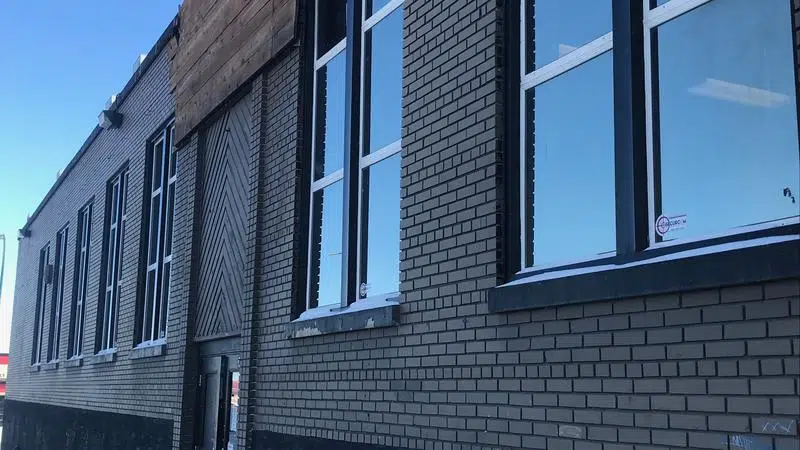
ARCHES Executive Director explains finances
LETHBRIDGE, AB – Financial information posted on Revenue Canada’s Registered Charity Information Return, shows that ARCHES (AIDS Outreach Community Harm Education Support Society) received more than $7 million in funding in 2019, mainly from the provincial government – but also from the City of Lethbridge and the Federal Government.
According to the Schedule 6 “Detailed Financial Information,” ARCHES had more than $4.32 million in assets as of March 31, 2019, while liabilities were listed at around $3.9 million.
Federal Government funding totalled $572,862; Provincial Government funding made up the lion’s share of the money the organization has received at $4,885,631; and funding from the City of Lethbridge is listed at $1,033,925.
Total Revenue came to more than $7.13 million, with $5.33 million of that going to pay the salaries of 79 full-time employees and 98 part-time employees.
